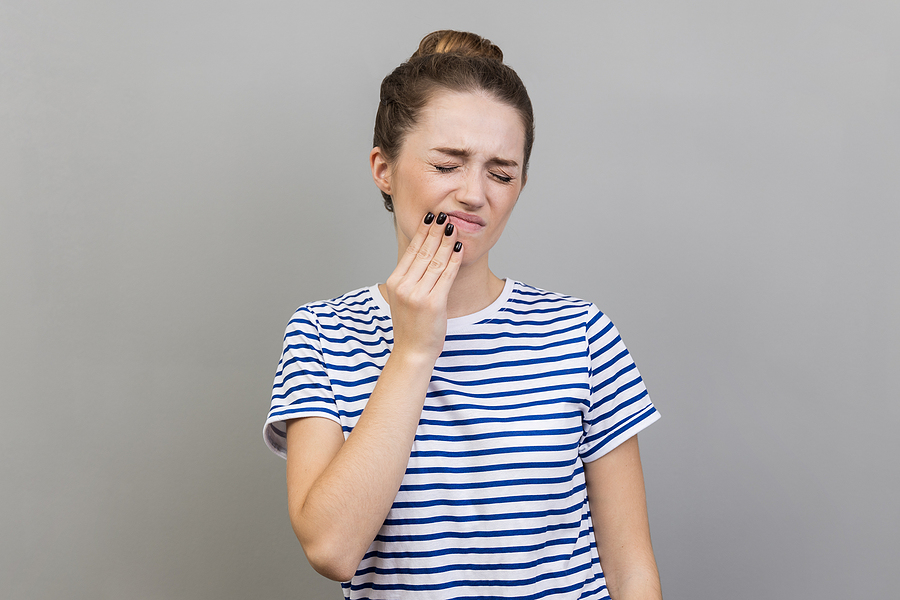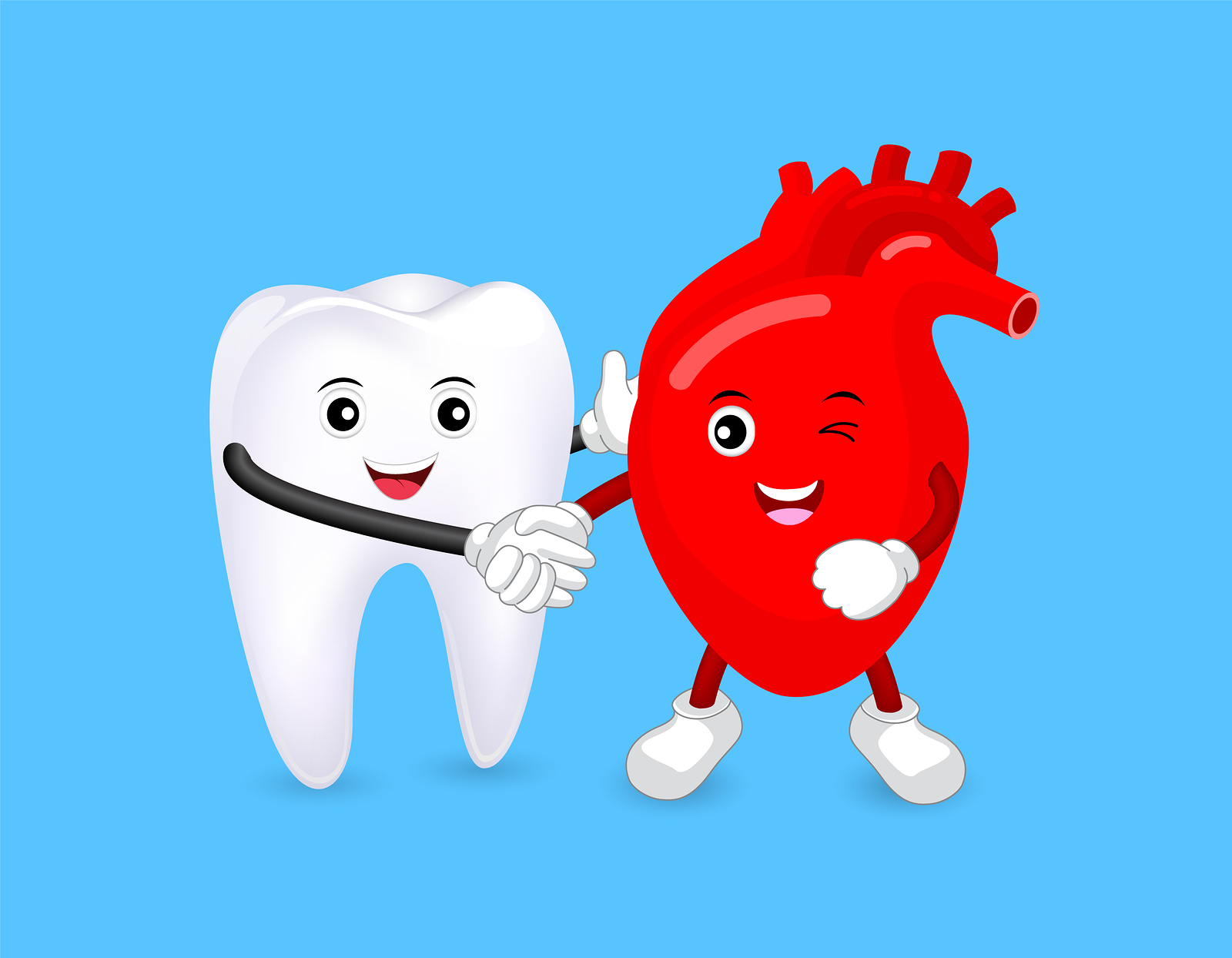Are you dreading the thought of getting a dental extraction? Don't worry; we've got you covered! In this blog post, we'll walk you through everything you need to know about this common dental procedure. From what exactly a dental extraction entails to the reasons why it may be necessary and even some handy aftercare tips - we've got all the information you need.
What is a Dental Extraction in Littleton , CO?
What is a dental extraction, you ask? Well, simply put, it's the removal of a tooth from its socket in the jawbone. But don't worry, this procedure isn't as scary as it sounds! Dental extractions are commonly performed by dentists for various reasons. During a dental extraction, your dentist will first numb the area with local anesthesia to ensure that you're comfortable throughout the procedure. Then, they'll carefully loosen and remove the tooth using specialized instruments. The process itself is relatively quick and straightforward. Afterwards, your dentist will provide you with detailed aftercare instructions to promote proper healing and prevent any potential complications such as infections or dry sockets.
So now that we have covered what exactly a dental extraction entails, let's move on to why someone may need one in our next section!
Reasons for Getting a Dental Extraction in Littleton , CO
Maintaining good oral health is essential, but there are times when a dental extraction in Littleton , CO, becomes necessary. Here are three common reasons why someone may need to have a tooth extracted.
- Severe Tooth Decay: When tooth decay reaches an advanced stage and compromises the structural integrity of the tooth, extraction may be the only viable option. This can happen if cavities are left untreated or if oral hygiene practices aren't followed diligently.
- Impacted Wisdom Teeth: Wisdom teeth, also known as third molars, often emerge in late adolescence or early adulthood. However, due to lack of space in the mouth, these teeth can become impacted (unable to fully emerge). Impacted wisdom teeth can cause pain, infection, and even damage neighboring teeth.
- Crowding or Misalignment: In some cases, orthodontic treatment may require extracting one or more teeth to create enough space for proper alignment of the remaining teeth. This is commonly done before braces or other orthodontic appliances are applied.
Remember that every case is unique and should be evaluated by a qualified dentist who will provide personalized recommendations based on your specific needs.
Aftercare and Recovery Tips
Taking care of your mouth following a dental extraction is crucial for proper healing and to minimize any potential complications. Here are some important aftercare and recovery tips to keep in mind:
- Follow the instructions: Your dentist will provide you with specific post-extraction instructions, including how to manage pain, swelling, and bleeding. It's essential that you follow these guidelines carefully to ensure a smooth recovery.
- Take it easy: Resting is key during the first 24 hours after the extraction. Avoid strenuous activities or exercise that could increase blood flow and disrupt the clot formation at the extraction site.
- Maintain oral hygiene: While you should avoid brushing near the extraction site for 24 hours, it's still important to maintain good oral hygiene overall. Gently brush your teeth twice a day using a soft-bristled toothbrush, being cautious around the extraction area.
- Be mindful of what you eat: Stick to soft foods and avoid hot liquids or foods that could irritate or dislodge the blood clot forming in the socket. Opt for cool soups, yogurt, mashed potatoes, and smoothies during this time.
- Manage pain and swelling: Over-the-counter pain relievers can help manage any discomfort after an extraction; however, always consult with your dentist before taking any medication.
Remember that everyone's recovery process may vary slightly; if you experience severe pain or prolonged bleeding beyond 24 hours after your dental extraction, contact your dentist immediately for further guidance.
Alternatives to a Dental Extraction
When faced with the possibility of a dental extraction, it's only natural to wonder if there are any alternatives. After all, no one wants to lose a tooth if they can avoid it. Fortunately, in many cases, there are alternative treatments that can be explored.
- One common alternative to dental extraction is root canal therapy. This procedure involves removing the infected pulp from inside the tooth and filling it with a special material to prevent further infection. While not suitable for every case, root canal therapy can often save a tooth that would otherwise need to be extracted.
- Another option is dental crowns or bridges. These restorative treatments involve placing custom-made prosthetic teeth over damaged or missing ones. Not only do crowns and bridges restore functionality and appearance, but they also help prevent adjacent teeth from shifting out of place.
- In some situations, orthodontic treatment may be recommended as an alternative to extraction. By realigning your teeth using braces or clear aligners like Invisalign®, space can be created for overcrowded teeth without resorting to extraction.
It's important to note that these alternatives may not always be feasible depending on the specific circumstances of your oral health issue. Consulting with your dentist will help you determine which options are appropriate for you.
Remember, prevention is always better than cure when it comes to maintaining good oral health! Regular visits to your dentist and practicing proper oral hygiene at home can help minimize the risk of needing extractions or other invasive procedures in the first place.
So next time you're faced with the possibility of dental extraction, remember that exploring alternative treatments could potentially save your natural tooth and preserve your beautiful smile!
Importance of Proper Oral Care Following a Dental Extraction in Littleton , CO
Proper oral care following a dental extraction is crucial for ensuring a smooth and successful recovery. While the extraction itself may be over, it's important to remember that your mouth is still healing, and taking care of it during this time is essential.
One of the most important aspects of post-extraction oral care is keeping the extraction site clean. Gently rinse your mouth with warm saltwater several times a day to help reduce swelling and prevent infection. Avoid using mouthwash or brushing directly at the extraction site until your dentist gives you the green light.
Pain and discomfort are common after an extraction, but there are ways to manage them effectively. Your dentist will likely prescribe pain medication or recommend over-the-counter pain relievers such as ibuprofen. Applying an ice pack on your cheek near the extraction site can also help alleviate any swelling.
It's crucial not to disrupt the blood clot that forms in the socket where the tooth was extracted. This means avoiding drinking through a straw, smoking, or spitting forcefully for at least 24 hours after surgery, as these actions can dislodge or dissolve the clot, leading to a painful condition called dry socket.
Maintaining good oral hygiene habits during this time is also vital for preventing complications. Be sure to brush gently around the remaining teeth while avoiding direct contact with the surgical area until it has fully healed.
Proper oral care following a dental extraction plays an integral role in promoting healing and reducing potential risks such as infection or dry socket formation. By following your dentist's instructions carefully and maintaining good oral hygiene practices, you can ensure optimal recovery from your dental extraction procedure
Conclusion
Getting a dental extraction is sometimes necessary to maintain optimal oral health. Understanding the process and reasons for an extraction can help alleviate any concerns or fears you may have. Remember, it's important to consult with your dentist to determine if a dental extraction is the best course of action for your specific situation.
If you do need a dental extraction, be sure to follow proper aftercare instructions and give yourself time to recover fully. Taking care of your mouth following the procedure will promote faster healing and minimize any potential complications.
So don't let fear or uncertainty hold you back from seeking professional advice when it comes to dental extractions. By understanding what's involved in the procedure and being proactive about post-extraction care, you'll be well-equipped to make informed decisions about your oral health journey.
More Blog Posts
Office Hours
MON8:00 am - 5:00 pm
TUE8:00 am - 5:00 pm
WED8:00 am - 5:00 pm
THU8:00 am - 5:00 pm
FRIClosed
SATClosed
SUNClosed
Ken Caryl Dentistry
Office Hours
MON - THU 8:00 am - 5:00 pm
FRI - SUN Closed
Location
The Courtyards at Deer Creek 7631 Shaffer Pkwy Suite B,
Littleton, CO
Phone : (303) 973-5280Text Us : (303) 973-5280









